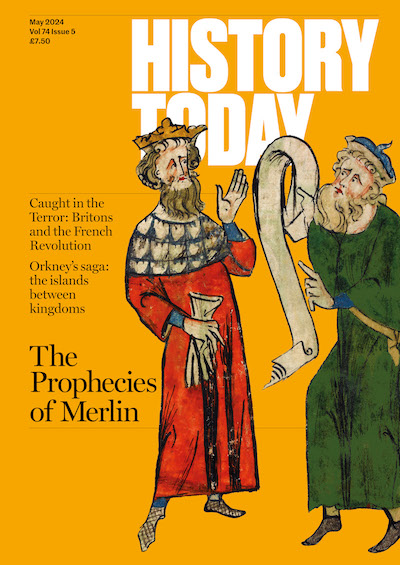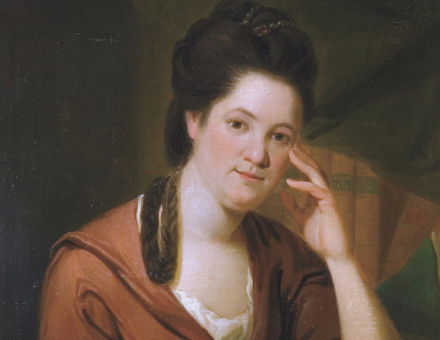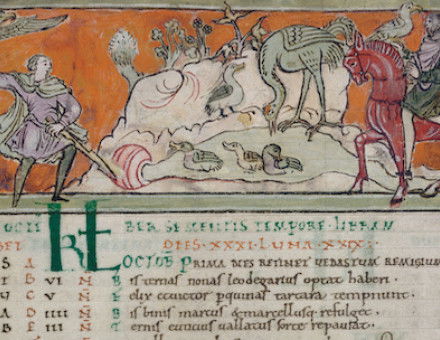Why was Charles I executed in 1649?
Barry Coward grapples with a question which has become more difficult to answer as a result of recent scholarship. He finds the answer lies in the New Model Army, in religious passion and in Charles himself.
In his introduction to a collection of essays published in 1982 (Reactions to the English Civil War), John Morrill wrote that the question of why Charles I was executed in 1649 'has become easily the most difficult of the range of questions about Tudor and Stuart history with which the undergraduates I teach have to wrestle'. Since then this question has become, if anything, even more difficult to answer, largely because much recent historical writing has successfully demolished key assumptions on which long-accepted explanations for Charles's execution were based. As the first part of this article will show, recent research suggests that much that happened in Britain before 1649 makes the fact that Charles I was executed astonishing. The execution of the king was certainly not the inevitable climax of long-term developments in the previous century. Nor was it brought about by a wave of popular revolutionary opposition to the Stuarts or the institution of monarchy. On the contrary, Charles I was probably more popular at the moment of his execution than at any other time in the 1640s (and maybe even before that).





